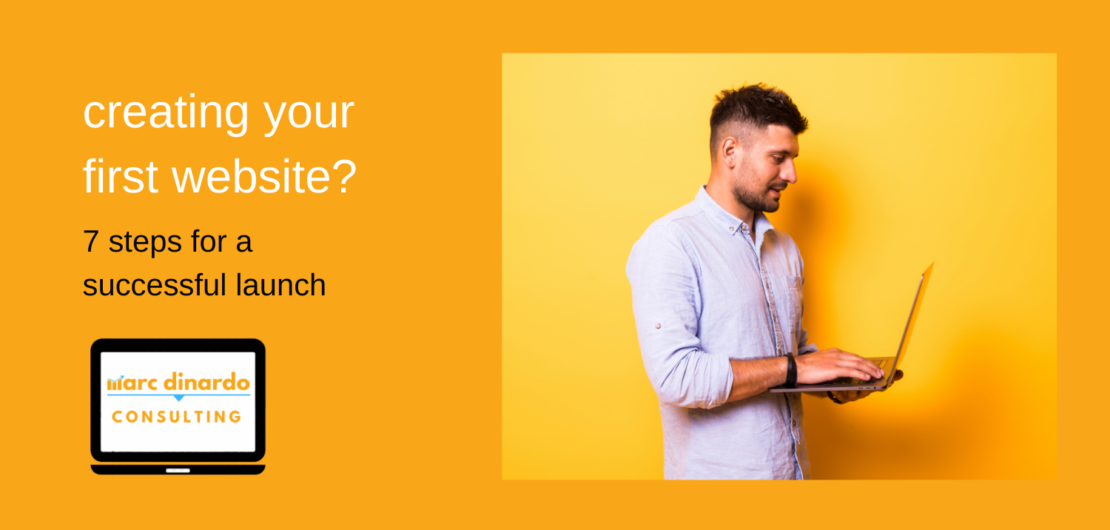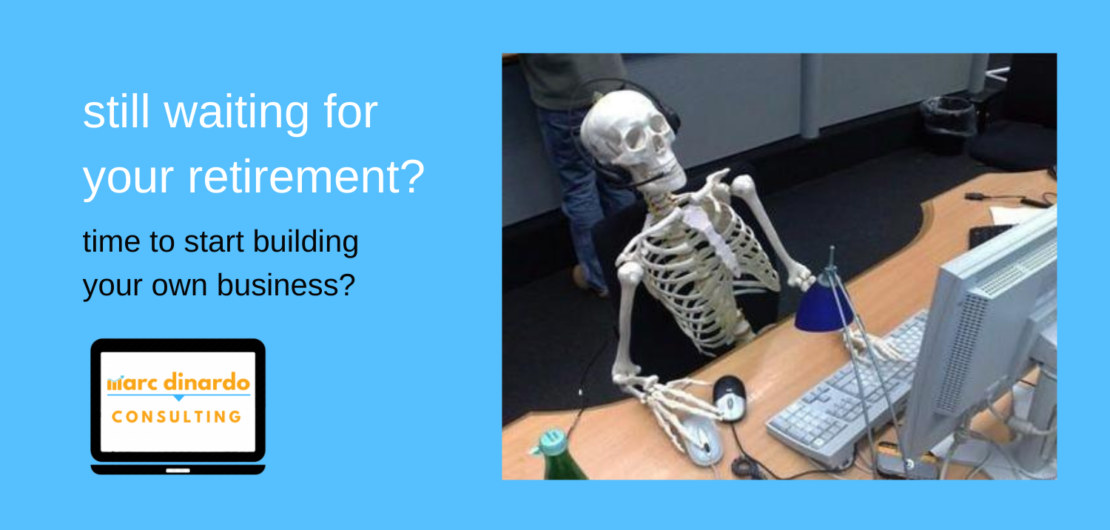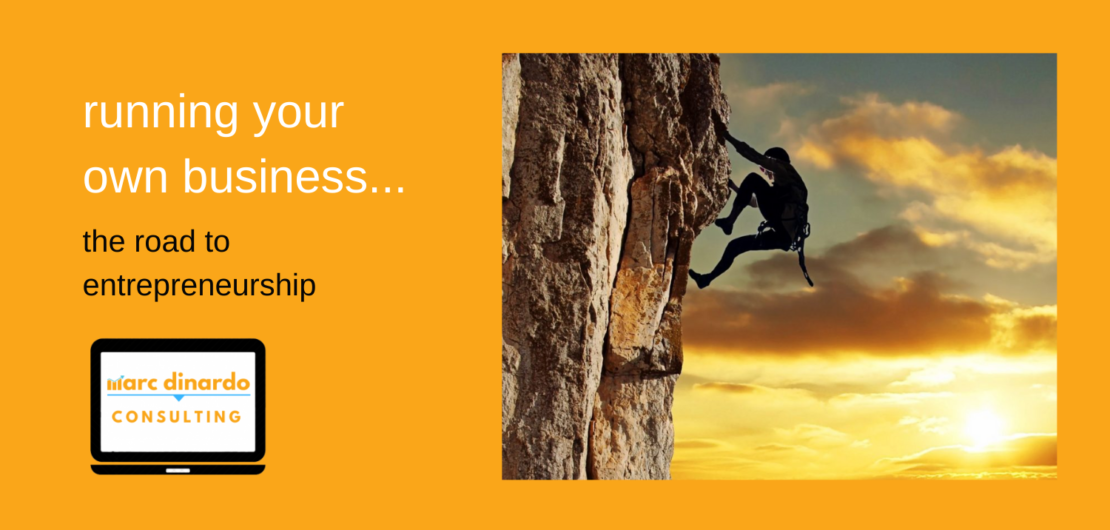 Entrepreneur
Entrepreneur
Creating your first website?
Running your own business can be tough with so many different activities to focus on all at once.
Launching your first website can be a massive headache if you’re not sure where to start.
That’s why I’ve decided to create this step-by-step guide to help you launch.
7 steps to successfully launch your first website
1. Have a clear goal before you start
It seems obvious so why am I saying this?
There are many reasons you might decide to create your own website, for example:
- tell your story, highlight your professional skills and experience
- share your passion, do you love fashion? photography? extreme sports? food? travel? The list is endless and limited only by your imagination!
- offer reviews of your favourite products, if you’re creating an e-commerce business it’s always helpful to show off your knowledge and help your customers with their next purchase
- reach new customers or markets, your website can be a great way to make you stand out and get found online
- increase customer engagement, maybe you want to create a discussion forum to give your members an opportunity to ask questions and discuss their personal experiences
- teach a new skill, create an online course to share your knowledge with customers all over the world
- help customers in your area find your business, put your business on Google Maps and showcase your products and services as a local business
- manage your appointments and bookings, allow customers to book directly from your website and sync with your personal calendar
- get more reviews and testimonials, showcase customer feedback on your website and encourage more positive interactions with your business
Having a clear goal for your website will help you decide how much content your website will need (articles, photography, videos and images), what features you’ll want to add, for example, social sharing buttons, discussion forums, mailing lists, or payment gateways.
This makes it easier to review the different options later and narrow down the right tools for building your website.
2. Register your website domain name
This important step shouldn’t be overlooked and is worth considering before you even start your business.
Finding the right domain name for your website can be tedious with many commonly used terms already taken.
You may need to get creative at this step but it’s not worth spending hours trying to find the perfect domain name.
If you are stuck, contact me for some free advice – I am happy to help you find and register your chosen domain name.
3. Choose a hosting plan
Most domain name providers now offer combined hosting packages that can be customised to your exact needs and business growth plans.
You will normally have the option to start on a cheaper package for a shared hosting plan or opt for a managed hosting plan where your provider can take care of all the technical setup and maintenance for you. This may be a better option if you have specific installation requirements or need extra bandwidth for higher traffic.
It’s always best to check that you can scale up your storage as your business grows and that you have the option to migrate to increase storage and bandwidth when your website starts getting more traffic.
4. Choose your website design
This is where you will find you have almost unlimited choise of how to design your website and what tools you want to use.
Every website you see on the web has a basic web design that someone had to create. When the design does a good job, you very rarely think about it but a bad design can turn away potential customers and risk losing sales.
If you wish to design your website using existing templates, there are many free website builders available to use such as wix, strikingly, wordpress, weebly, squarespace.
Some of these builders will require some basic coding skills and can be frustrating if you can’t work out to make your site look just how you want. You also want to make sure the design is responsive so that it can be viewed across phones, tablets and laptops.
This is where hiring a professional can solve many headaches and help you achieve that clean, tailored finish.
5. Craft your content
You’ve nailed your design, now you need to write your content.
Depending on your niche and writing style, you may find it can help to fine-tune your copywriting skills to develop positioning for businesses and figure out the language most likely to drive visitors to action.
There are loads of courses out there on Udemy or website such as Copy Blogger or Copy Hackers that can help you get up to speed.
6. Launch your website and get traffic
You may have thought that building your website was the hard part but if you don’t have a clear strategy for directing visitors to your website, your website will just sit there in hyperspace gathering dust.
For this, you will need to review and understand the best digital marketing strategies for your business.
Consider the types of digital marketing tactics that make the most sense for your website and create a plan to help raise awareness of your website and drive traffic.
No one will buy your products or read your content without being able to find your website first.
7. Track your website performance
After you’ve started using some digital marketing strategies to get traffic to your website, you’ll want to know how effective these strategies are and how profitable these strategies are.
The best tool to give you an insight into how visitors are finding and interacting with your website is to sign up to use Google Analytics.
You will also want to check your website loading times and compatibility across different devices. Tools such as Page Speed Insights and Up Trends are useful tools to understand any technical issues that require attention.
Slow website load times won’t just upset potential visitors to your site, they also negatively impact your Google rankings and prevent your website showing up on the first page of search results.
If you are interested in learning more about how to make your website rank higher in search results, ask for a free performance report to understand what steps are required to improve your website.
Still Have Questions?
If you’re looking for support or advice in designing or launching your first website, contact me today and I’ll be happy to discuss the best options to take the next step in growing your business.

